A major in Technical Communication from Iowa State University prepares you to communicate complex technical/scientific details to those who need them. It’s a new(ish) profession, but there’s a growing and consistent demand, and salaries are excellent. As a TComm major, you learn modern communication technologies to create print and electronic documents for use in business, nonprofits, schools, and communities. Coursework for the BS helps you to understand scientific and technical information and teaches you to communicate that information clearly to others.
Technical Communication
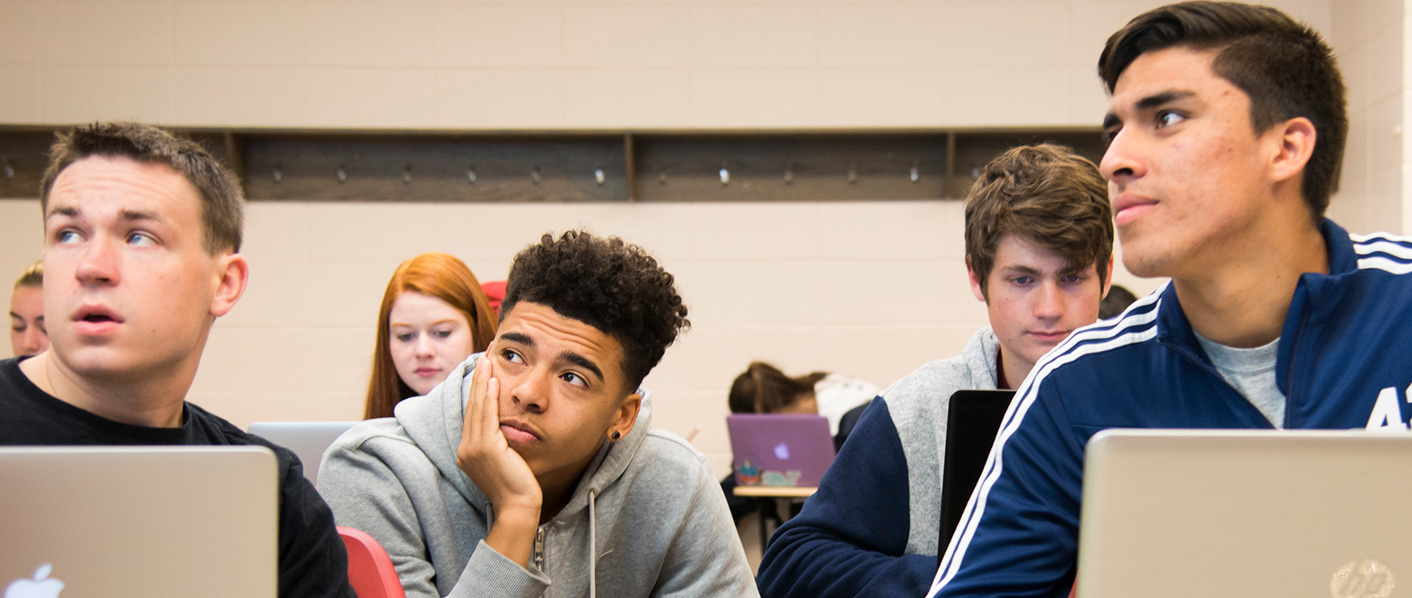
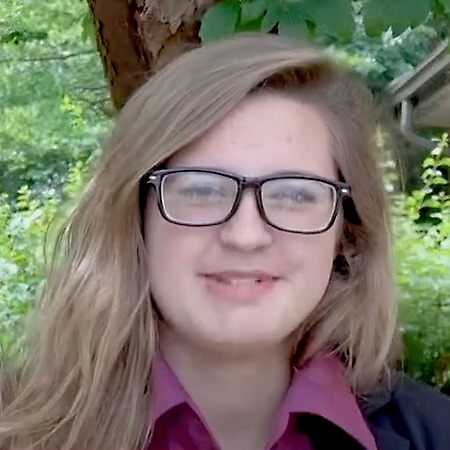
The opportunity to read my peers’ works and write commentary and critiquing what worked and what didn’t – I thought the editing process was very rewarding. My advisor said you might want to add a Tech-Comm minor … and I later added it as a major.
Abby Stauffer, ’15 English and technical communication
General requirements
Students majoring in Technical Communication develop advanced skills in multiple aspects of technical communication and apply their knowledge of technical communication to a specific discipline. In addition to general education course requirements in the College of Liberal Arts and Sciences (LAS), TComm majors must take 33 credits within the major and 6 hours in a designated area of concentration related to science, technology, or design (an acceptable minor will also fulfill this requirement).
ENGL 2140 Introduction to Technical Communication – 3 credits
ENGL 3100 Rhetorical Analysis – 3 credits
ENGL 3130 Rhetorical Website Design – 3 credits
ENGL 3140 Technical Communication – 3 credits
ENGL 4150 Business and Technical Editing – 3 credits
ENGL 4160 Visual Aspects of Business and Technical Communication – 3 credits
- ENGL 2200 Descriptive English Grammar
- ENGL 3020 Business Communication
- ENGL 3090 Proposal and Report Writing
- ENGL 4180 Seminar in Argumentation
- ENGL 4770 Seminar in Technical Communication
- ENGL 4870 Internship in Business, Technical, or Professional Communication (repeatable)
- ENGL 5290 Content Management
- ENGL 5420 Document Design and Editing
- ENGL 5490 Multimedia and Interaction Design
- ENGL 5860 Visual Rhetoric in Professional Communication
Designated Area of Concentration
The Designated Area of Concentration (DAC) is a student-designed grouping of related courses in a technical, scientific, or design field that will meet the student’s professional or academic interests. Courses for the 6-credit DAC must be taken outside the English department and approved by the Technical Communication Program Advisor. A second major or a minor in areas such as computer science, social science, natural science, entrepreneurial studies, design studies, engineering studies, or another technical, scientific, or design field may substitute for the DAC.
Internships
Improve your technical communication skills on the job by enrolling in a semester-long internship, which helps you to develop skills that you cannot learn in the classroom alone. All technical communication students are required to graduate with an internship.
-
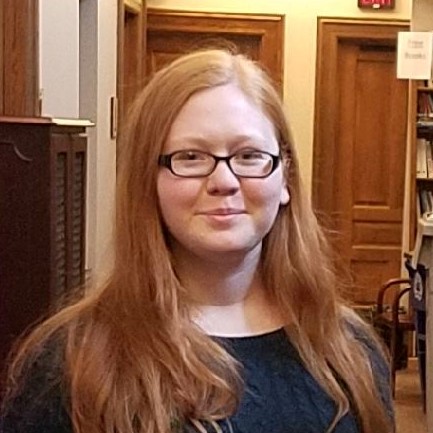
Gillian
“During my internship, I edited all sorts of documents, including a speech given by the dean of the College of Engineering, student interviews, and parts of a textbook. I was even credited as an editor in an engineering textbook.”
~ Gillian Mohn, ’19 technical communication
-

Sarah
“I loved my internship with Workiva. I started in the summer and was asked to continue it in the fall. It helped me get a job as a full time user experience designer at Kingland after I graduated in December.”
~ Sarah Kreutner, ’19 technical communication
-
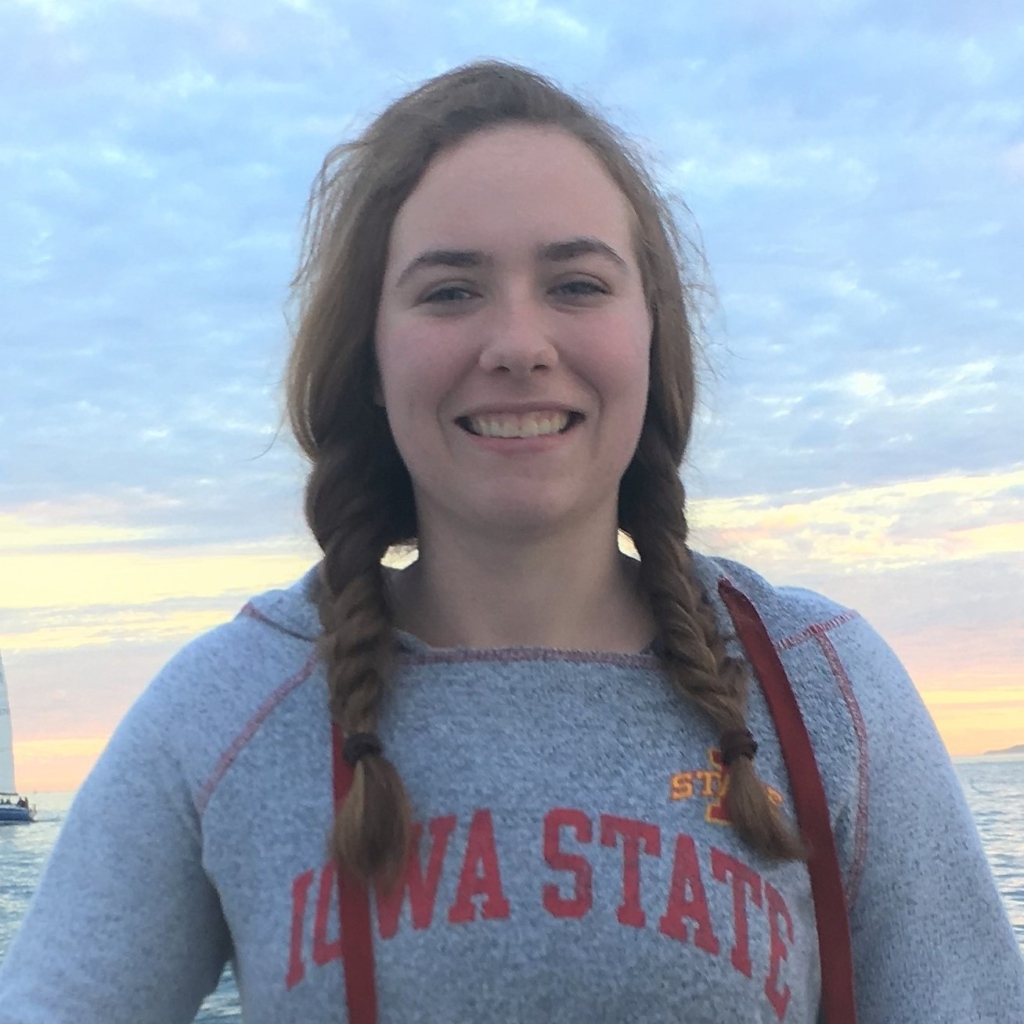
Hannah
“I learned a ton about web design and content management systems working for the DOT over the summer and fall semester. I hope this internship will be helpful for getting a job in UX or front-end web development after I graduate.”
~ Hannah Monk, ’21 technical communication
Experiences
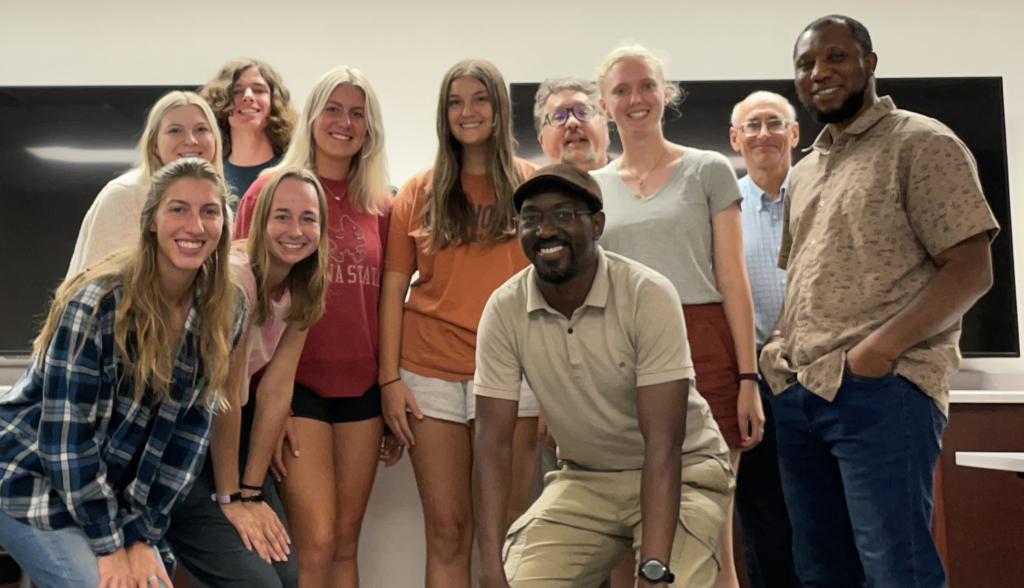
A wide variety of student organizations and clubs are available for students to join—including academic, honor societies, political & activism, intramural sports and Greek life.
Gain leadership and service experience through the Student Activities Center, go to one of the many fun campus events like the Cyclone Carnival, or learn more about clubs and activities at the annual ClubFest to see the many ways you can get involved during your time at Iowa State.
We have a club, too! The ISU Student Chapter of the Society for Technical Communication meets once a month, and students get to talk with practitioners in the field, work on service projects for local nonprofits, learn skills not taught in our classes, and eat pizza. Lots of pizza! The club mostly has undergrad and grad students in the technical communication major, but it’s open to everyone.
Your future in the making
Where your future takes you is up to you. Graduates of our technical communication program go directly into successful careers in a variety of professions including:
- Technical writer
- Copy editor
- Web developer
- Market research analyst
- Computer systems analyst
- Operational research analyst
- Survey researcher
- Business and management analyst
